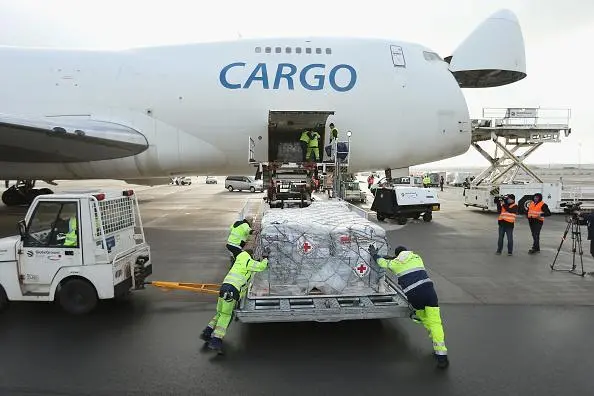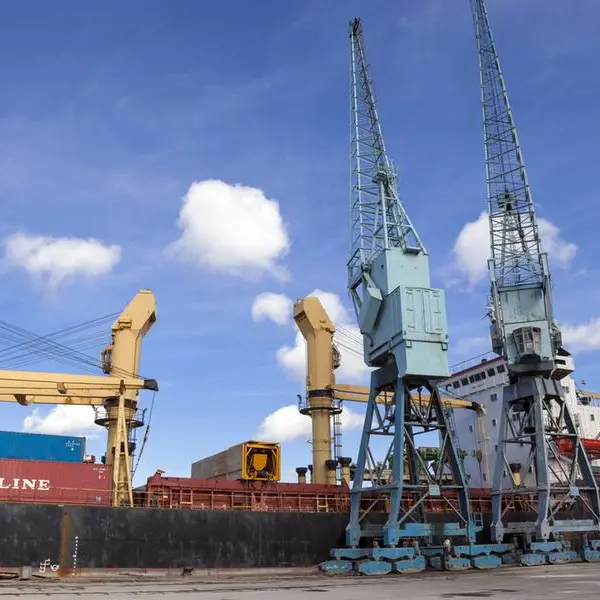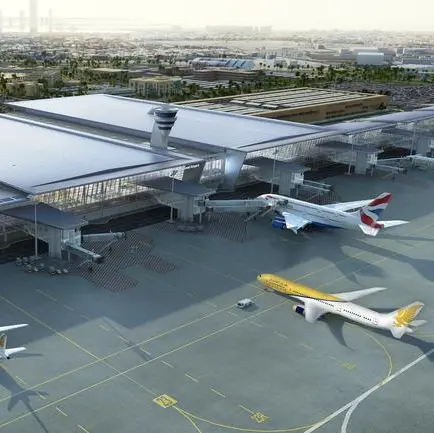PHOTO
Global air cargo demand in the fourth quarter (Q4) period so far has been stronger than Q4 tonnages last year, and average rates have continued their gradual post-summer rise, according to the weekly figures from WorldACD Market Data.
Nevertheless, more than halfway through the market’s traditionally buoyant final quarter, there are few signs of a strong peak season, with demand patterns so far broadly mirroring last year’s disappointing Q4 and only moderately ahead in overall tonnage terms.
In essence, the improvement compared with last year is more a reflection of the unusually soft demand levels in Q4 last year, while this year it has held up slightly better. One big difference compared with last year is a recovery of tonnages ex-Asia Pacific, compared with last winter’s soft ex-Asia volumes, while tonnages ex-North America and ex-Europe remain down, year on year (YoY).
Weekly analysis
Weekly analysis indicates that overall worldwide tonnages have remained broadly flat since the middle of October, with preliminary figures for week 46 (November 13 to 19) showing stable tonnages compared with the previous week and a +3% increase in global average rates, based on the more than 400,000 weekly transactions covered by WorldACD’s data.
And comparing weeks 45 and 46, combined, this year with the preceding two weeks (2Wo2W), overall tonnages also remained flat, while rates increased by +3% and capacity was stable.
Within that flat global tonnage performance there were significant regional variations, including a +7% increase ex-Central & South America, with tonnages up +6% from there to both North America and Europe (and corresponding rates rising +4% and +5%, respectively). Tonnages ex-Asia Pacific overall were relatively flat, up just +1% on a 2Wo2W basis, with a +4% increase to Europe partially offset by a -2% drop to North America and a -3% decrease to the Middle East & South Asia region, while intra-Asia Pacific tonnages were up +3%. The most notable decline was recorded ex-North America to Asia Pacific (-8%).
Pricing side
But the 2Wo2W changes were more significant on the pricing side, where the overall +3% increase was largely driven by a +5% rise in rates ex-Asia Pacific, including +7% increases to both North America and to Europe. That Asia Pacific to North America rates are up significantly despite a fall in tonnages, may reflect several factors, including operational disruptions caused by severe snow at Alaska’s Anchorage Airport and continuing limits on passenger bellyhold capacity between China and the US.
Indeed, analysis by WorldACD highlights significant rate increases from certain Greater China origins to Europe and the US, with preliminary WorldACD data indicating +11% and +9% (2Wo2W) rises from Shanghai to Europe and the USA, respectively. Ex-Hong Kong rates to the USA are up +7%, and to Europe rates have risen a more-modest +3%, on a 2Wo2W basis.
Other notable pricing changes include a +6% rise from Europe to North America, with anecdotal reports indicating that westbound transatlantic pricing is being boosted related to rerouting of some Asia Pacific to North America traffic via Europe due to capacity restraints on the transpacific.
Year-on-Year perspective
On a global and regional basis, volumes continue to increase compared to their levels this time last year, now standing +4% higher, YoY. And tonnages from a number of origin regions are now significantly above their levels in weeks 45 and 46 last year, including up +17% ex-Asia Pacific, +9% ex-Central & South America and +6% ex-Africa. But, as in previous recent reports, there were significant decreases in tonnages ex-North America (-11%) and ex-Europe (-6%).
Meanwhile, overall available capacity has increased by +16% compared with last year, with capacity ex-Asia Pacific up by a noteworthy +40%. Almost all other regions are also showing double-digit percentage YoY capacity increases, most significantly ex-Central & South America (+24%), and +10% ex-North America, ex-Middle East & South Asia and ex-Africa. Capacity ex-Europe has increased by +9% compared with last year.
Worldwide average rates are currently -23% below their levels this time last year, at an average of $2.52 per kilo in week 46, although they remain significantly above pre-Covid levels (+38% compared to November 2019).--TradeArabia News Service
Copyright 2022 Al Hilal Publishing and Marketing Group Provided by SyndiGate Media Inc. (Syndigate.info).





















